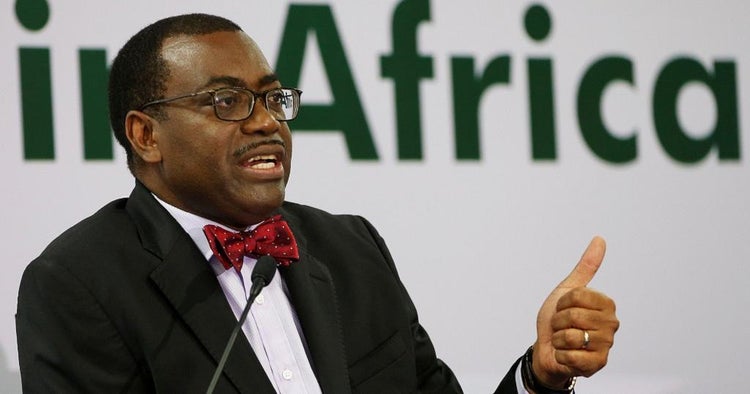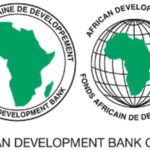African Development Bank (AfDB) has described the news reports credited to the World Bank President, David Malpass, that some multilateral development banks have a tendency to lend too quickly and in the process, accentuate the continent’s debt problems as untrue and misleading.
In a statement circulated on its behalf by the African Press Organisation (APO) Group sourced by Daily Trust on Thursday, the continent’s multilateral development finance institution debunked the World Bank President’s statement, saying it is inaccurate and not fact-based.
The AfDB also maintained that Mr. Malpass’ comments impugn its integrity, undermines our governance systems, and incorrectly insinuates that the management of the bank operates under different standards from the World Bank.
According to Dr. Akinwumi Adesina-led development finance institution, the very notion goes against the spirit of multilateralism and our collaborative work.
The AfDB clarifies further: “For the record, the African Development Bank maintains a very high global standard of transparency. In the 2018 Publish What You Fund report, our institution was ranked the 4th most transparent institution, globally.
“The African Development Bank provides a strong governance program for our regional member countries that focuses on public financial management, better and transparent natural resources management, sustainable and transparent debt management and domestic resource mobilization.
“We have spearheaded the issuance of local currency financing to several countries to mitigate the impacts of foreign exchange risks, while supporting countries to improve tax collection and tax administration, and leveraging pension funds and sovereign wealth funds to direct more monies into financing development programs, especially infrastructure.
“The African Development Bank’s Africa Legal Support Facility (ALSF) supports countries to negotiate terms of their royalties and taxes to international companies, and terms of their non-concessional loans to some bilateral financiers. We have been highly successful in doing so”, it added.
Laying the facts bare further, AfDB maintained that the World Bank, with a more substantial balance sheet, has significantly larger operations in Africa than the African Development Bank, adding that World Bank’s operations approved for Africa in the 2018 fiscal year amounted to US $20.2 billion, compared to US $10.1 billion by the African Development Bank.
In addition, it stated that with regard to Nigeria and South Africa, the World Bank’s outstanding loans for the 2018 fiscal year to both countries stood at US $8.3 billion and US $2.4 billion, respectively.
It added: “In contrast, the outstanding amounts for the African Development Bank Group to Nigeria and South Africa were US $2.1 billion and US $2.0 billion, respectively, for the same fiscal year.
“With reference to the countries described as “heavily indebted,” our Bank recognizes and closely monitors the upward debt trend. However, there is no systemic risk of debt distress.
“According to the 2020 African Economic Outlook, at the end of June 2019, total public debt in Nigeria amounted to $83.9 billion, 14.6% higher than the year before.
“That debt represented 20.1% of GDP, up from 17.5% in 2018. Of the total public debt, domestic public debt amounted to $56.7 billion while external public debt was $27.2 billion (representing 32.4% of total public debt). South Africa’s national government debt was estimated at 55.6% of GDP in 2019, up from 52.7% in 2018. South Africa raises most of its funding domestically, with external public debt accounting for only 6.3% of the country’s GDP.
“Development Banks continue to play critical roles in development efforts and in the aspirations of developing countries, most especially in Africa.
“Given substantial financing needs on the African continent, the development assistance of the African Development Bank, the World Bank and other development partners remain vitally important, with increasing calls for such institutions to do even more”, AfDB added.
After making several clarifications and analysis on the Africa’s debt stock, the Development finance institution, argued that “we are of the view that the World Bank could have explored other available platforms to discuss debt concerns among Multilateral Development Banks.
It concluded that the general statement by the President of the World Bank Group insinuating that the African Development Bank contributes to Africa’s debt problem and that it has lower standards of lending is simply put: misleading and inaccurate.

 Join Daily Trust WhatsApp Community For Quick Access To News and Happenings Around You.
Join Daily Trust WhatsApp Community For Quick Access To News and Happenings Around You.


